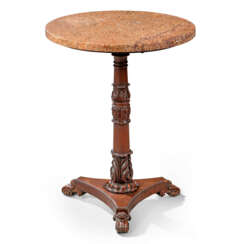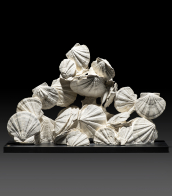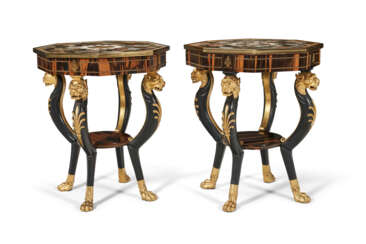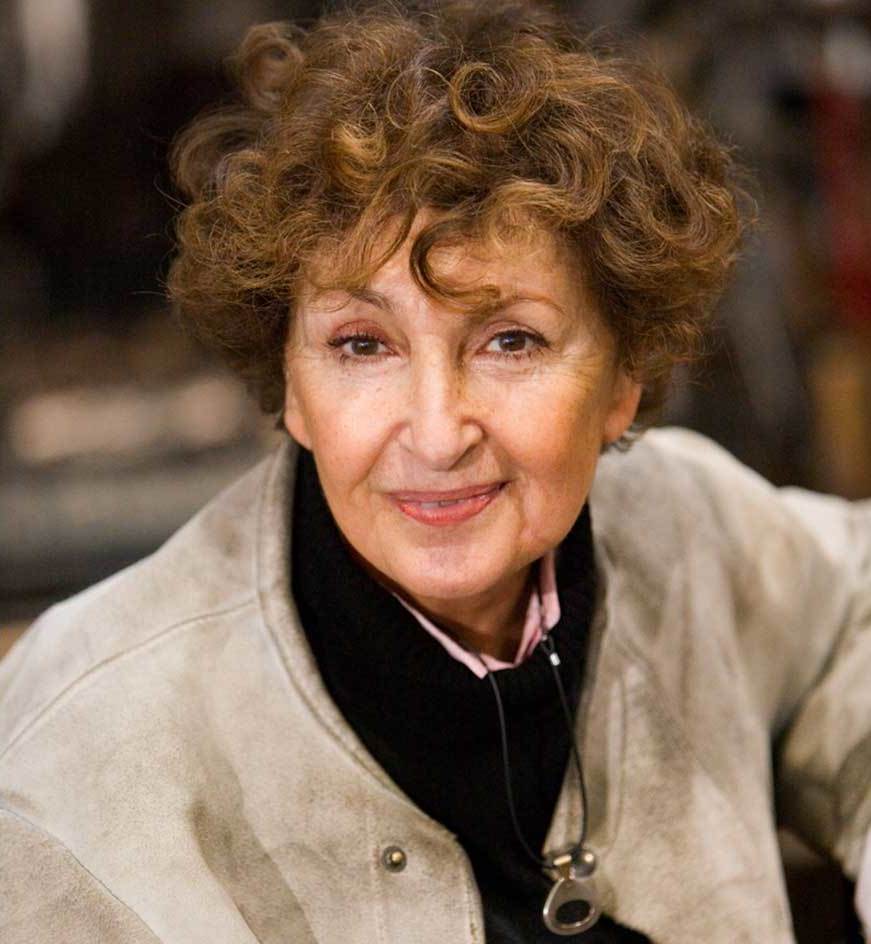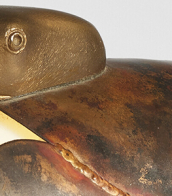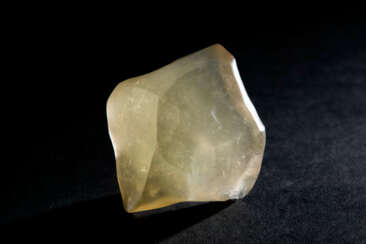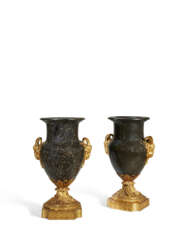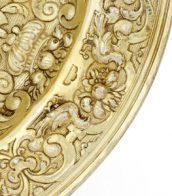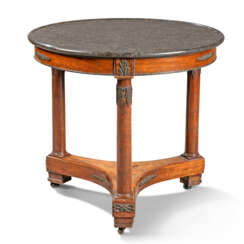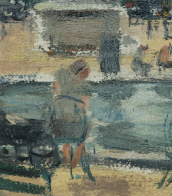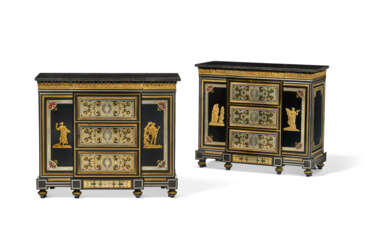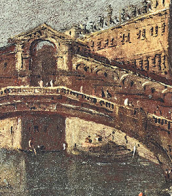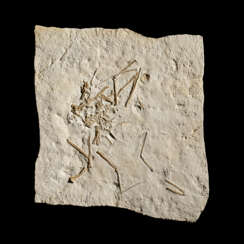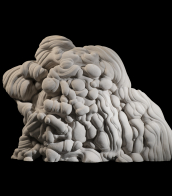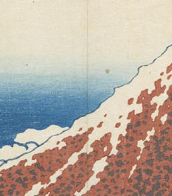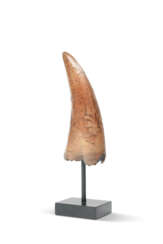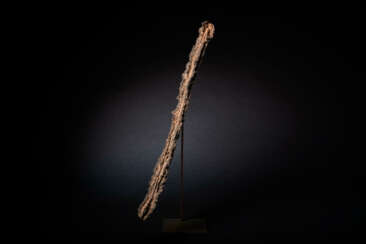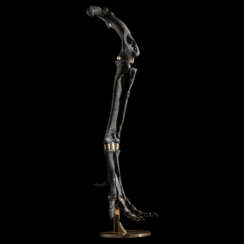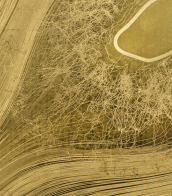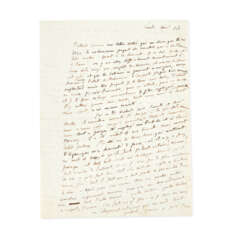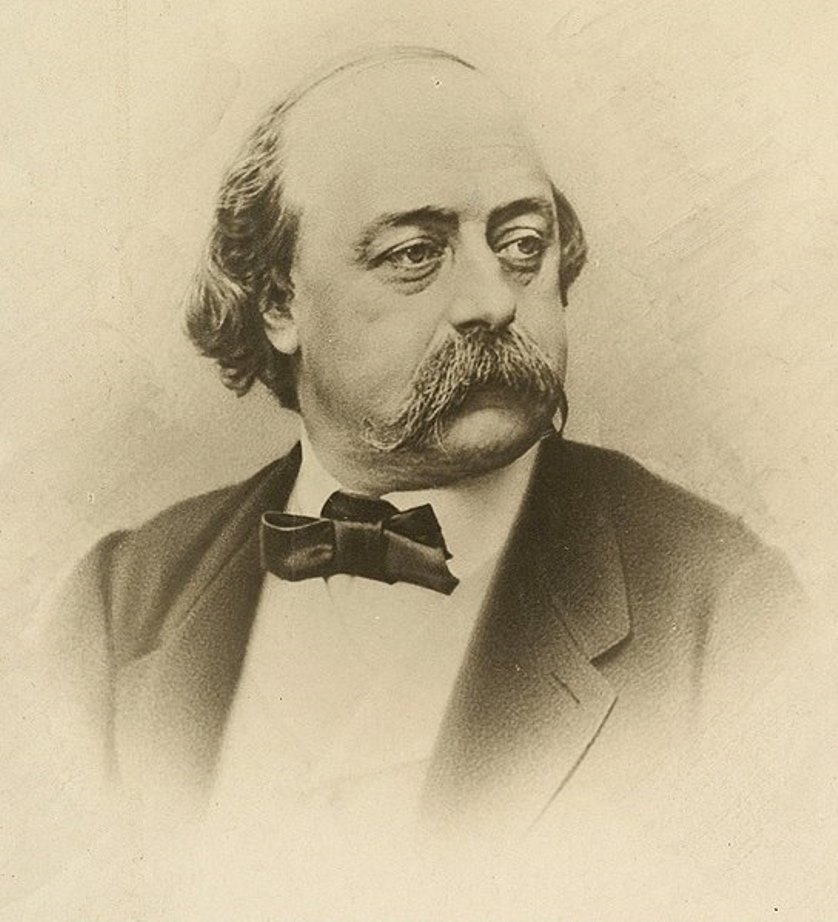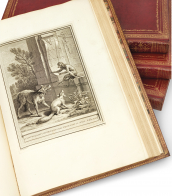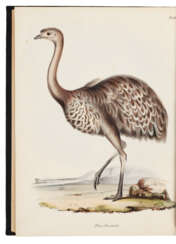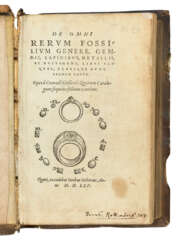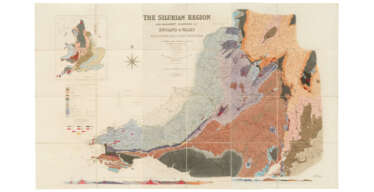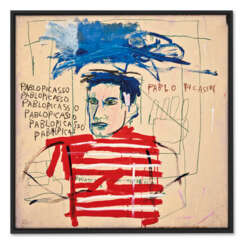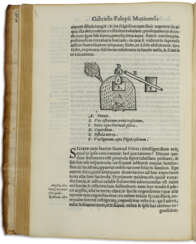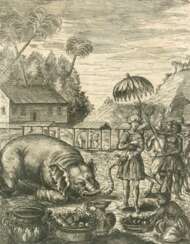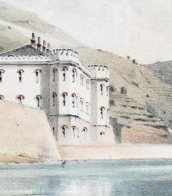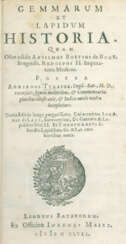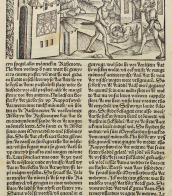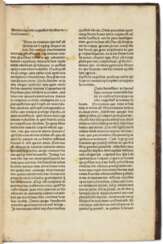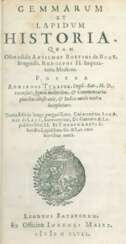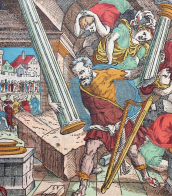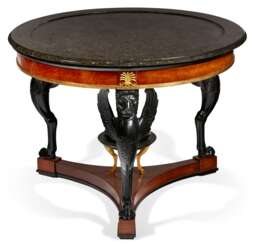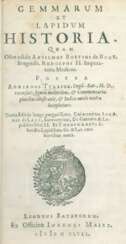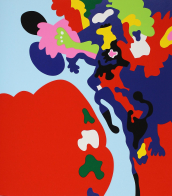fossiles &

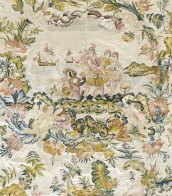
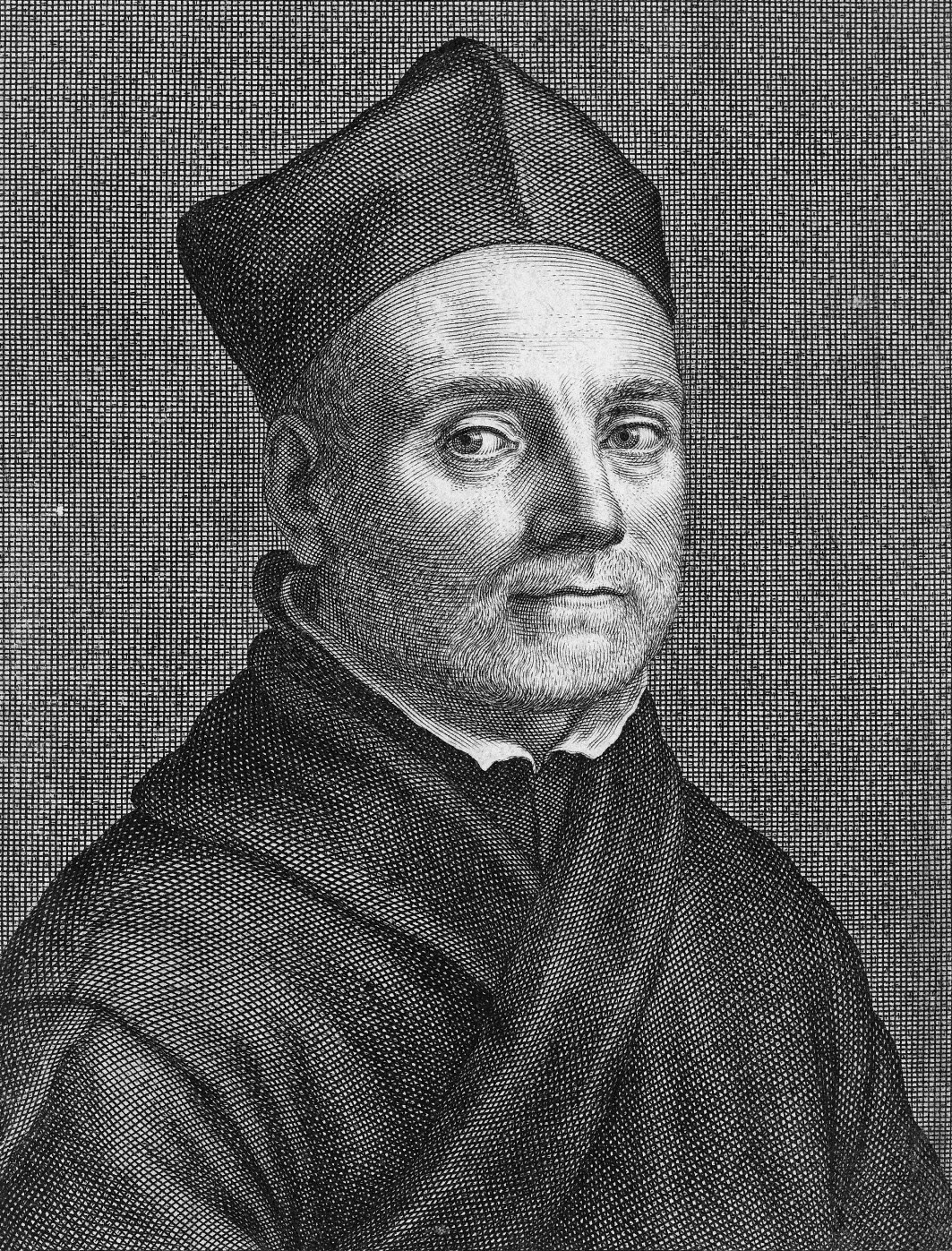
Athanasius Kircher was a German scholar, inventor, professor of mathematics and oriental studies, and a friar of the Jesuit order.
Kircher knew Greek and Hebrew, did scientific and humanities research in Germany, and was ordained in Mainz in 1628. During the Thirty Years' War he was forced to flee to Rome, where he remained for most of his life, serving as a kind of intellectual and information center for cultural and scientific information drawn not only from European sources but also from an extensive network of Jesuit missionaries. He was particularly interested in ancient Egypt and attempted to decipher hieroglyphics and other riddles. Kircher also compiled A Description of the Chinese Empire (1667), which was long one of the most influential books that shaped the European view of China.
A renowned polymath, Kircher conducted scholarly research in a variety of disciplines, including geography, astronomy, mathematics, languages, medicine, and music. He wrote some 44 books, and more than 2,000 of his manuscripts and letters have survived. He also assembled one of the first natural history collections.

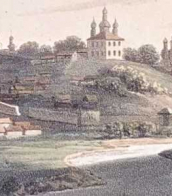
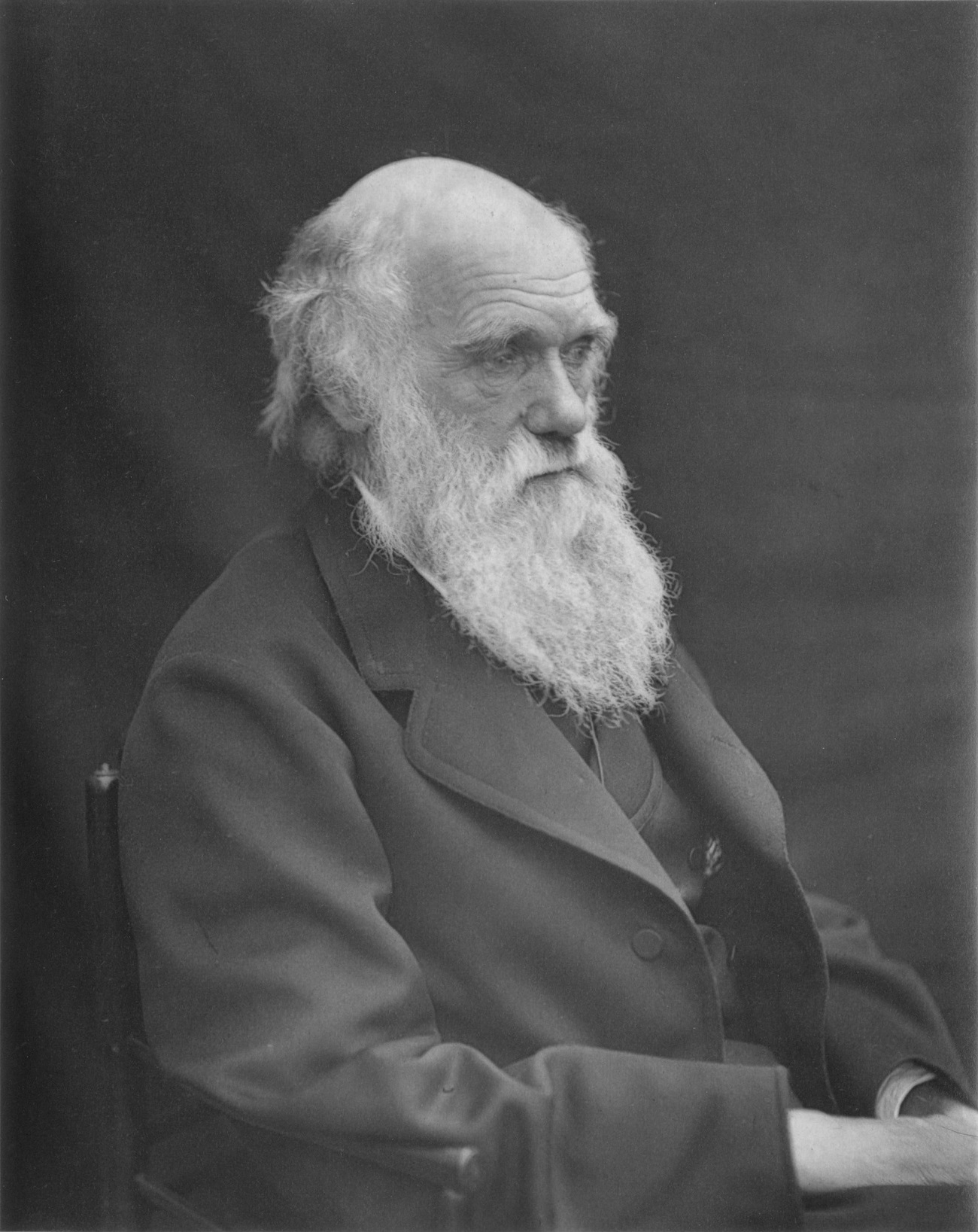
Charles Robert Darwin was an English naturalist, geologist, and biologist, widely known for contributing to the understanding of evolutionary biology. His proposition that all species of life have descended from a common ancestor is now generally accepted and considered a fundamental concept in science. In a joint publication with Alfred Russel Wallace, he introduced his scientific theory that this branching pattern of evolution resulted from a process that he called natural selection, in which the struggle for existence has a similar effect to the artificial selection involved in selective breeding. Darwin has been described as one of the most influential figures in human history, and he was honoured by burial in Westminster Abbey.



Jean-Michel Basquiat was an American artist who rose to success during the 1980s as part of the Neo-expressionism movement.

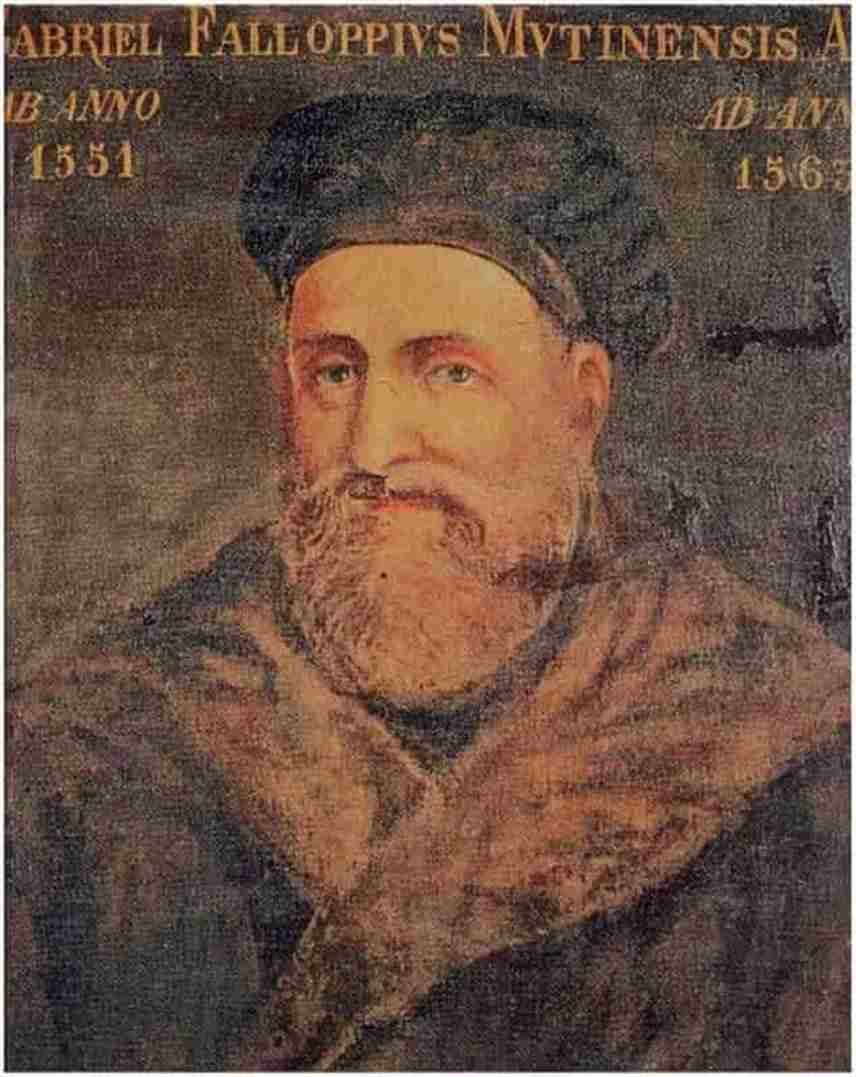
Gabriele Falloppio was an Italian physician and anatomist of the Renaissance.
Originally a priest, Falloppio soon left for Ferrara to study medicine and was later appointed anatomy professor there, and in 1548 he became head of the anatomy department at Pisa. Three years later he accepted the offer of the Venetian Senate to become professor of anatomy, surgery, and botany at Padua, where he remained for the rest of his life. It was in this city that he made his most famous discoveries, was director of the famous botanical garden, and wrote two medical textbooks.
He also gained a reputation as an excellent teacher and lecturer, attracting many Italian and foreign students to the medical faculty of the University of Padua. As a physician, he made a thorough study of the clinical aspects and treatment of syphilis, and proposed the condom as a defense against venereal disease.
Falloppio was a versatile scientist and an able physician and surgeon, describing, among other things, the semicircular canals, the cuneiform sinuses, the trigeminal, auditory and lingual pharyngeal nerves, the canal of the facial nerve, and the fallopian tubes, named Fallopian tubes in his honor. Falloppio described his discoveries in his three-volume work Opera genuina omnia, published in Frankfurt in 1600 and in Venice in 1606.

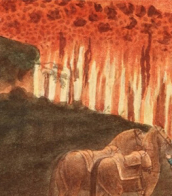

William Shakespeare was a British poet and playwright and writer.
William's father, John Shakespeare, was a merchant and official in Stratford. There are reports that he was a sailor for a time before joining a theater company in London. Beginning in the 1590s, Shakespeare began writing plays, and in 1593 he published a poem, Venus and Adonis, which became popular. He dedicated it to the Duke of Southampton, who was a philanthropist and patron of talent, and soon his business was booming.
From 1592 to 1600 Shakespeare wrote his dramas and romantic comedies "Richard III", "The Taming of the Shrew", "Romeo and Juliet", "A Midsummer Night's Dream" and "The Merchant of Venice", as well as the comedies "Much Ado About Nothing", "Twelfth Night" and the tragedy "Julius Caesar". The playwright's business was so successful that he even bought a large house in Stratford. In 1599, Shakespeare became one of the owners, playwright and actor of the new theater "Globe". In 1603 King James took Shakespeare's troupe under his direct patronage. In the mature period, the great playwright turned to tragedies, there were "Hamlet", "Othello", "King Lear", "Macbeth" and others.
Although in the 19th century researchers had some doubts about the authorship of many of these works, William Shakespeare is considered the greatest English playwright, one of the best playwrights in the world. His plays have been translated into all major languages and to this day form the basis of the world theatrical repertoire, most of them have been screened many times. According to the Guinness Book of Records, Shakespeare remains the world's best-selling playwright, and his plays and poems have sold more than 4 billion copies in the nearly 400 years since his death.

